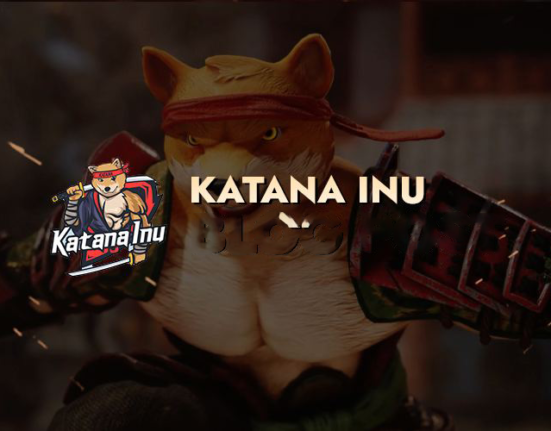NFT games are a new and exciting development in the gaming industry. Unlike traditional video games, P2E games reward players for their time and effort spent in the game. This concept is made possible through blockchain technology and non-fungible tokens (NFTs). In P2E games, players can own game items as NFTs and earn while playing. This creates a new dynamic between developers and players, where players are incentivized to engage with the game, and in a lot of cases, they can even earn a living through their in-game activity.
The earning potential of play-to-earn games is one of the main reasons they have become an attractive source of income, especially for people in third-world countries. P2E games rely on blockchain technology and operate on blockchain networks; this makes in-game assets transferrable and tradeable outside the game. With this, any digital asset can be minted as a non-fungible token (NFT) and sold by the player on a marketplace.
The Rise of P2E Gaming
The benefits of blockchain technology are becoming increasingly evident in NFT gaming. In-game assets can be transferred and traded outside the game when connected to blockchain networks. Any digital asset can be minted as an NFT, transforming blockchain games into P2E experiences. This has opened up new opportunities for players to earn real-world value through their in-game activity.
Globally, NFT gaming is gaining popularity. According to a survey by Finder, India is leading the charge, where 34% of respondents say they have played a P2E game. The following highest percentages of P2E gamers are in Hong Kong (29%) and the UAE (27%).
With the creation of decentralized marketplaces, players can buy and sell in-game assets. These marketplaces have given players more control over their in-game items and allowed them to monetize their activity. With these interesting player-centric features, it is no surprise that P2E games attract a large player base.
Top Picks
When it comes to the P2E niche, several games stand out. These games offer unique experiences and earning opportunities for players.
- The Sandbox is an interconnected world of unique game experiences with land plots of varying sizes where each landowner can build their own creations using a visual game builder. The Sandbox is still in alpha testing but offers a way for players to be rewarded for their in-game activity. Players can create and share their own content and earn rewards for their contributions to the game.
- Axie Infinity is another popular P2E game that focuses on breeding, collecting, and battling creatures named Axies and using them to explore the World of Lunacia. At its peak, the marketplace made millions in sales every day, and Axies sold for thousands of dollars each. Players can earn rewards by breeding, battling Axies, and participating in the game’s economy.
- Gods Unchained is a collectible, fantasy, and trading card game built on the Ethereum network that’s free to play and offers P2E opportunities right out of the gate. Players can earn rewards by winning matches and participating in the game’s economy. The game features an extensive collection of cards and a deep strategy element that keeps players engaged.
Other honorable mentions include:
- Splinterlands
- LegendsOfCrypto (LOCGame)
- DeFi Kingdoms
- Alien Worlds
The Future of P2E Gaming
Depending on who you ask, the future of NFT PC games could either be bright or abysmal. Enthusiasts point to the innovative way NFTs have transformed gaming from something one does for fun to an entertaining income-earning venture. While skeptics claim it’s a FAD that will die off, arguing that many P2E games have failed to deliver on their promises.
Whichever camp you belong to, everyone can admit that these games have the potential to revolutionize the relationship between developers and players. In traditional video games, players have little control over their in-game items and assets. The game developer typically owns these items, which can be taken away or modified at anytime. This dynamic changes completely with NFT games.
In P2E games, players can truly own their in-game items as non-fungible tokens. This means they have complete control over these items and can trade them outside the game. This system creates a new dynamic between developers and players, where players are incentivized to engage with the game and can even earn a living through their in-game activity. With this approach, gamers have an alternative source of income separate from traditional income opportunities. And in times of economic turmoil, job loss, or high unemployment, people can always turn to unconventional earning ventures like P2E gaming.
Will NFT integration become the new standard for gaming?
For now, this remains to be seen. Traditional gaming companies like Ubisoft are dabbling in NFT integration, but no one can predict how their experiments will turn out. However, one thing remains clear: NFT games have the potential to completely redefine what it means to be a gamer in many exciting ways.

